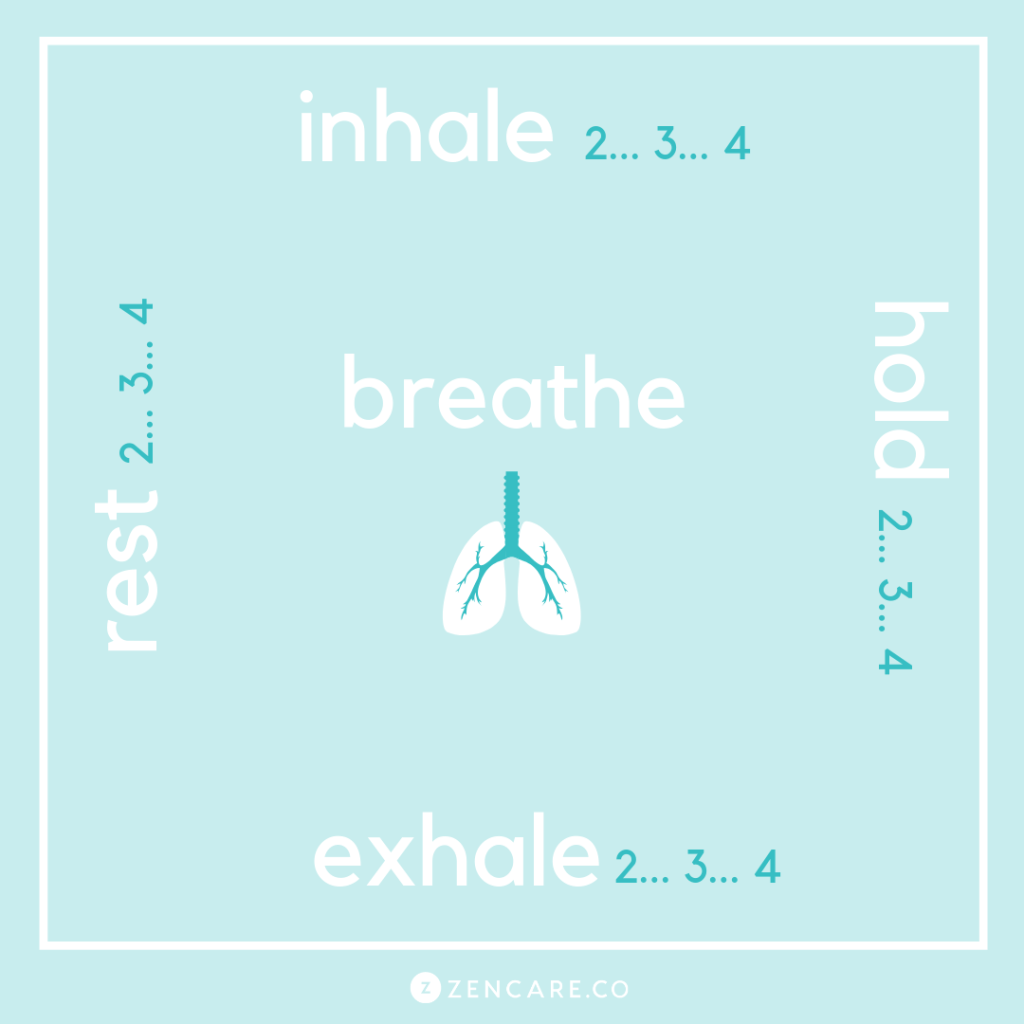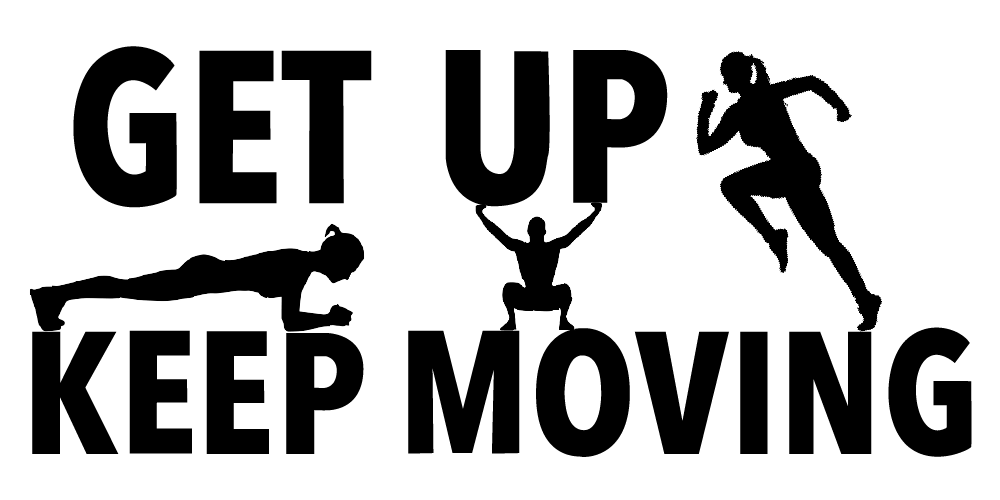Hello my friends~
I hope you’re intentionally allowing time for yourself, “making space” for you during these gray mid-winter months. If we take time to breathe deeply, to go outdoors, to nourish our bodies, we’re more able to deal with small day-to-day minor annoyances, giving us a sense of control.
But…
On top of daily small stressors – a health concern, a financial setback, or a family issue can rock the foundation of even the most stoic person. Hormone highs and lows make it harder to manage stress, especially through midlife and menopause…and feeling out of control feels pretty terrible.
Stress really is everything, everywhere, all at once. It’s happening all the time – weather, job, family, the food we eat, exercise, sleep, relationships, every interaction – it’s all a form of stress, and it’s not all bad.
So how to control stress outcomes for the long game?
The initial response to stress is out of our control.
Stress is a normal part of life, and it’s happening all the time. But if there’s continued activation of the stress response (the sympathetic nervous system), how do we avoid wear and tear on the body and mind? Chronic activation of this mechanism impairs health.
Stress is unavoidable, but we can control how we respond to it.
What we do next is within our control.
We can prevent stress from becoming overwhelming with some proven strategies, like developing habits of good nutrition, exercising, getting outdoors, breathwork, meditation, and even listening to music.
Breathe.
When I suddenly wake up at 2am with my brain in high gear, this 4-7-8 breathing technique works to get me back to sleep in just a few minutes. When I wake up hours later I realize that it worked again. It’s also effective in lowering blood pressure.
Breath can help transcend the initial response to stress – it plays a huge role in activating your parasympathetic nervous system. I catch myself holding my breath, or clenching my jaw, and need to remind myself to make a conscious and intentional decision to breathe. Try square or box breathing as an effective tool to help reduce the stress response and the cortisol that accompanies it.

Feed your microbiome.
Your brain and belly are communicating all the time. Diet and stress interact with gut microbiota, and a healthy diet with pre and probiotics can positively affect the gut-brain communication.
The foods in a psychobiotic diet can improve mood, cognition, and ease stress. High fiber foods – whole grains, prebiotic fruits and vegetables, fermented foods (look for pickles without vinegar, and yogurts with lactobacillus), and legumes will establish a healthy microbiome. Processed, fast food, and sugary foods and especially sugary drinks will disrupt the microbiome – and they’re known carcinogens.
Use music for stress relief.
Music is a powerful destressor with science-based health and healing benefits. Turn on your favorite tunes – contemporary research suggests music has significant power to help reduce stress and anxiety, and relieve pain.
Brain FM, is science-based background music that helps me focus with gentle rhythmic pulses. It helps me get tasks done with less distraction – in fact it’s on right now as I write this blog.
Move your body.
Pop your earbuds in, or plug in your speakers, crank some tunes and jump, run, lift, push, pull, or play in a group, with a coach or trainer, or on your own. There’s solid science proving that exercise (some every day, a little out of your comfort zone) relieves stress, and improves mental as well as physical health.
Go outside.
I’m not good at the sitting still type of meditation, and it’s ok. Meditating isn’t the same for everyone.
But walking outdoors, riding my bike, and rowing (when I take my erg outside on the patio) are really helpful ways for me to relieve stress. As little as 10 minutes outdoors begins to lower blood pressure and improve mood and focus, according to 2020 research out of Cornell University.
Celebrate the small steps.
If you have a fitness and nutrition strategy, if you’re able to meditate for just a few minutes, if you’re starting to learn about healthy nutrition – or you’re still figuring things out (aren’t we all?), it’s important to celebrate every single thing you do that’s conscious and intentional.
Eat consciously. Breathe. Move your body for a purpose. Have fun. Repeat.
Marcus Aurelius said,
“Get back up when you fail, celebrate behaving like a human—however imperfectly—and fully embrace the pursuit that you’ve embarked on.”
Do something nice for yourself.
I’ll be sharing some of my favorite things at the end of each weekly Thoughtbox newsletter.
Share Thoughtbox with friends, and I’d love recommendations of things you like, and topics you’d like to learn more about.
Here are things I like (they are not paid endorsements):
Quince. Clothing, home goods, and accessories – quality products made sustainably, affordably priced. Treat yourself or someone you love.
We Can Do Hard Things. Glennon Doyle, her sister, and her wife, Abby Wambach have heart-to-heart talks with amazing women in this powerful and entertaining podcast. They’re the best friends I’ve never met.
I’d love to meet you too!
Onward ~
Polli




